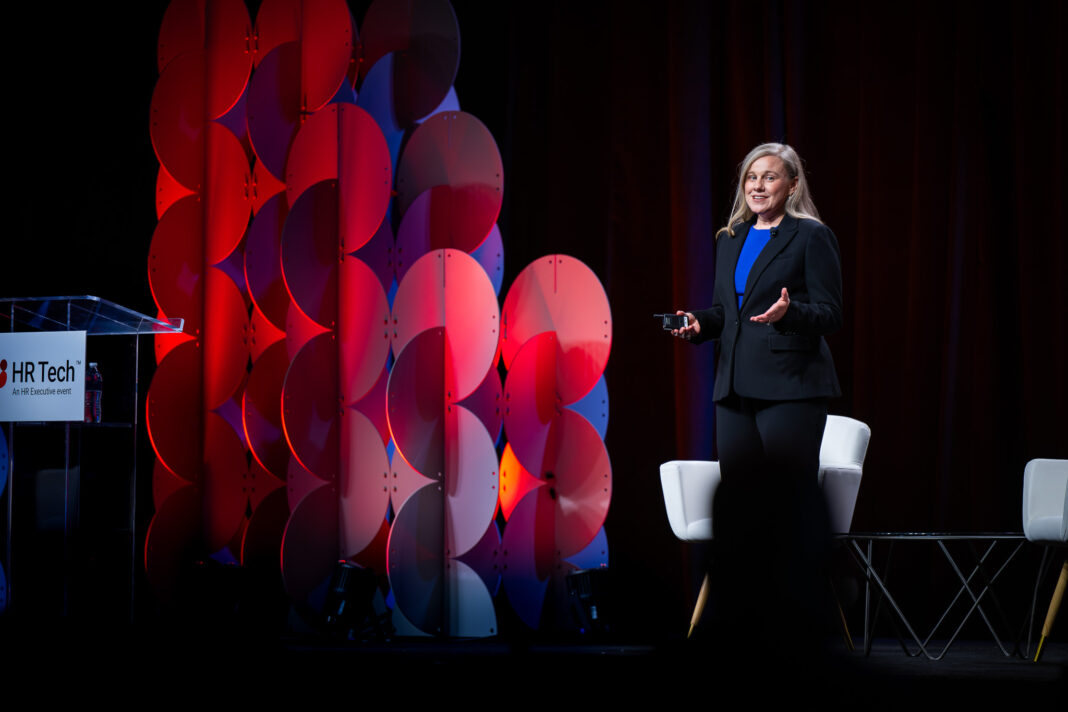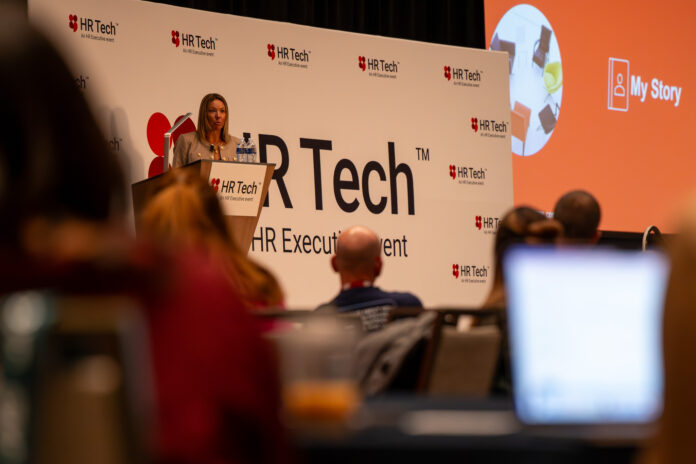Why employee experience and technology are key for success
- Shawn Liew

As the pandemic caused unprecedented disruption for organisations around the world, business and HR leaders have been compelled to rethink the employee experience (EX) and how they engage with their employees.
For The Coca-Cola Company, 2020 turned out to be a year of reflection, as the global brand explored new ways of working and examined how they wanted to move forward, revealed Teejay Gonzales, BIG People Services Director, Bottling Investment Group, The Coca-Cola Company.
Speaking at a recent SAP SuccessFactors webinar titled, Leading the change: Success stories from frontline HR leaders, he said, “We had to identify how we are going to work together in this ‘new normal’, with a focus on safety. Within weeks, we were able to introduce protocols that we were able to observe in the field and inside our plants.”
Throughout this process, making sure that the company is constantly receiving feedback from employees was a priority, Gonzales highlighted. For instance, a digital pulse survey was released to 20,000 employees for their feedback on how the company was handling the situation. This in turn helped to identify programmes Coca-Cola could install as part of their people priority strategy.
For Thailand’s CP All, the pandemic hastened the transition from a largely brick-and-mortar model to a digital one. As the master licensee of 7-Eleven in Thailand, CP All operates more than 10,000 stores in the country.
With the emphasis shifting to online delivery because of the pandemic, a 200,000-strong workforce had to be reskilled and upskilled to allow them to operate new platforms and processes, shared Dr Luis Kristhanin, Assistant Chief Executive Officer, CP ALL.
He continued, “We had to restructure the way we do business, the way we communicate with our people, and the way we manage in terms of KPIs and goals. More importantly, the transition from offline to online is not just about skill sets but is also about changing mindsets. Starting from the management team through to frontline employees, we needed to shift the way they think, the way they see the world and the way they serve customers.”
Agreeing with Dr Kristhanin, Coca-Cola’s Gonzales highlighted how the ability to manage the transition during the pandemic is closely aligned with understanding changing growth behaviours. “It is about a change of mindsets and making sure everyone in the organisation accepts the reality of the current situation,” he explained. “We need to change how we lead, how we work and how we communicate. The pandemic has completely changed the way we manage and run operations.”
Using technology to move into the future of work
Drawing on a recent survey conducted by CoreData and DSRInsight, Sujay Bhat, HR Strategy Advisor, SAP SuccessFactors South-East Asia, pointed out the gap between employees willing to upgrade their digital skills and companies having the resources to enable them to do so.
The survey also found that 100% of employees are willing to learn new digital skills, and 86% want to use these digital skills to complete their jobs. The digital experience is now a strong driver to employee engagement and retention, said Bhat, adding, “From an employee engagement perspective, 40% of respondents say they would leave if their company does not adopt digital toolsets and digital ways of working.”
Aided by SAP SuccessFactors, both Coca-Cola and CP ALL have stepped up their digital transformation in recent times, with the digital agenda for HR and other key business functions becoming a priority for the former.
Gonzales explained, “Digitalisation has always been a priority but because of the pandemic, it became priority number one and right now, we are continuing to push that in our agenda.”
For CP ALL, the digital transition has involved integrating technologies such as AI and robotics into the business as part of an IT restructuring. A HR Connect platform further provides learning and other communication tools that the company uses to communicate with employees throughout Thailand.
Many organisations are finding out that not going digital is simply not an option anymore, SAP SuccessFactors’ Bhat reiterated. Besides needing to build new skill sets or reskill employees to go digital, organisations also need to potentially manage a fully virtual recruitment process.
“The entire recruitment process is now virtual, based on which country you are in, and if there is a lockdown or not,” Bhat described. “For remote work, this also means that new hires’ introduction to the company’s culture and ethos is done online and virtually. Their digital onboarding experience is pretty much the culture exposure they are going to get.”
Over the last 18 months, he has observed more and more organisations leveraging HR techcnologies to gain the ability to quickly scale up and down. SAP SuccessFactors, for instance, is providing a platform for companies to create, curate and disseminate learning content within their organisation.
READ: Facilitating peer-to-peer collaboration for a better employee journey
With Qualtrics embedded into the flow of work throughout the employee lifecycle via the SuccessFactors platform, SAP SuccessFactors also subscribes to the ideology that pulse surveys are critical for organisations. This is because pulse surveys are able to highlight employee experience at critical moments that matter to organisations – whether during the recruitment, onboarding or learning stage, Bhat explained.
He concluded, “Today, the specific areas of experience the employee has can be aggregated throughout a period of time to understand and see where the gaps are, and how to bridge them. It is a combination of pulse and annual surveys that will give you a clearer picture of what the trend is, what are the areas to keep sight of, and what needs to be fixed immediately.”
The Leading the change: Success stories from frontline HR leaders webinar, which was moderated by Stephen Choo, Managing Director, DSRInsight, is the second under the Leading the Change series of webinar sessions organised by SAP SuccessFactors, which is designed to help and guide global CHROs through their HR and people priorities for 2021.






